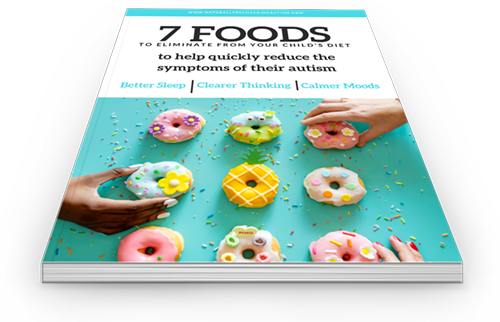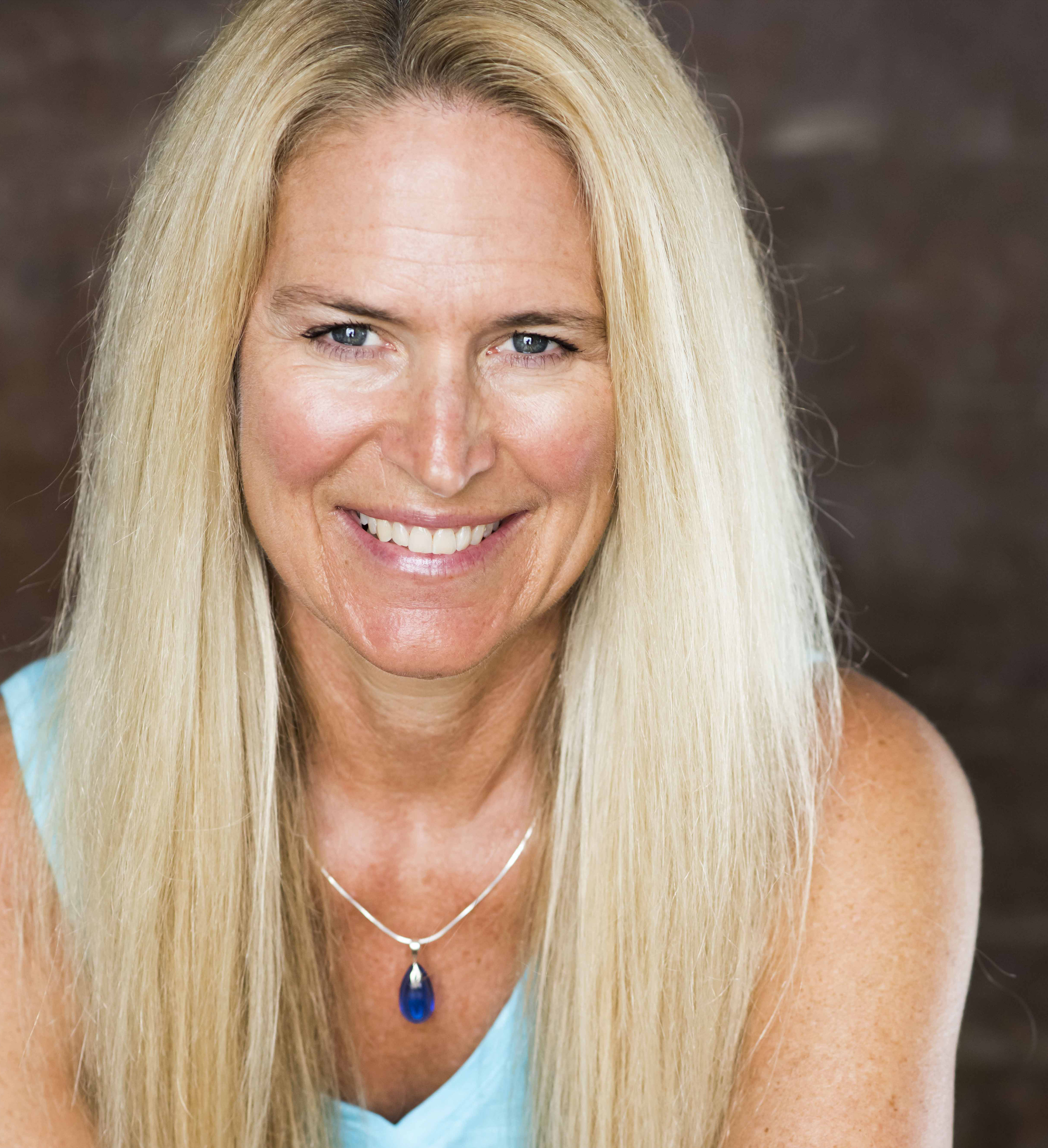Conventionally grown foods are grown with the use of pesticides and herbicides used to kill unwanted insects and plants. The Environmental Protection Agency reports that the average American consumes four pounds of pesticides each year, and there are over 3,000 chemical additives that can be found in our foods. Many of these chemicals are known toxins and are harmful to the neurological system. This means your and your child’s brain! They can also cause cancer and many other diseases.
Conventionally grown foods including animals carry antibiotics, hormones, viruses and a lot of other toxins that our children’s’ delicate system cannot handle. Children on the autism spectrum often have a congested liver. If we choose foods covered with pesticides and filled with hormones and antibiotics it is likely to overwhelm their system as their liver will need to filter out the added toxic load.
The price you pay in the long run for foods sprayed with pesticides is much higher than you think. Children with autism are more sensitive than the rest of us, although toxins are harmful to everyone. The one thing you have the most control over are the foods you eat. A child with autism may be a very picky eater so begin with one baby step at a time.
Buying food from organic farmers or local farmers that you know and trust not to use harmful toxins is best. More and more foods are available that are pesticide and hormone free but they must say so on the packaging. Be careful of packaging that says “natural”. “Natural” means nothing. Try to get 100% organic and grass fed if at all possible. We don’t want the contaminants of conventional meat or farmed fish.
Farmer’s markets are a great choice. They are also quickly increasing in numbers due to the growing knowledge and concern over our foods safety and freshness. You will still need to ask if they use pesticides or herbicides, and decide if you believe them if they say that they do not. Unfortunately, some of them will flat out lie to you. After time you will begin to become familiar with the local growers and know who to trust. If their sign says organic then it has to be organic, by law. These people are regulated by the government. Many are not certified organic but do not use pesticides and will be honest with you about their practices.










